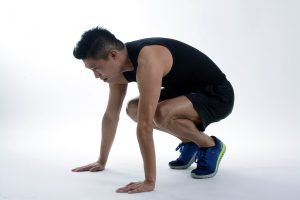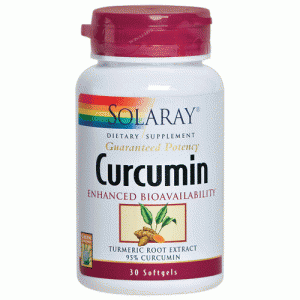New research has identified a positive result for enhanced exercise recovery through restricting inflammation associated to muscle damage. Researchers employed subjects who did not go on routine resistance training in the past six months, has no orthopedic condition, and body chronic inflammatory damage. They also qualified subjects who have not taken curcumin more than two times weekly. Finally, forty men and women subjects joined. The subjects finished a muscle strength test for ten days before muscle injury training programs.

The Experiment
The strength examination was done two days after the first test to let the scientists measure workloads for the muscle damage system. They availed stratified randomization to allocate the subjects in the effort to balance sex and muscle strength on the groups. Two days before muscle injury resistance workout, both men and women were provided supplements through the double blind design having 400 mg placebo or longvida. The supplements were taken everyday until 3 days after the exercise protocol ended. The protocol has six sets of ten reps of leg presses with heavy set based on the previous muscle strength examination. The subjects were required to keep a five second eccentric expansion on the leg press to optimize the time period of EIMD (exercise-induced muscle damage) and contraction.
Results
The subjects were steadily identified and resistance was balanced when required to make sure the focused eccentric contraction. Researchers evaluated subjective muscle damage in the quadriceps by physical examination. The end results were promising for muscle damage and inflammation. Both teams felt raised CK levels after EMID, but the supplement curcumin maintained CK levels lower than the placebo.
In this team the CK levels returned to baseline. Compared to placebo, the supplement product highly inhibited IL-8 but not IL10 and 6. But the scientists observed the variation for IL-6 when compared to placebo was not big, the 6 levels on the product presented a response. The main finding was that curcumin supplementation highly blunted serum creatine, TNF-945 concentration at the time of recovery.
More over the researchers noted the insufficiency of great variation on muscle damage was somewhat anticipated due to the reason they powered the research or test to identify changes in TNF-945, but not essentially alteration in muscle injury. Offered the nature of subjective muscle damage calculates and imagined soreness at the time of ADL, these measures like to get a lower impact size than higher stable biological calculations. They included that finding biological lessening may be because the supplement made a reduction in another chemical damage to the muscle at the time of recovery. Sadly, the study does not resolve confusion about the ability of curcumin to lessen muscle damage. Future research must seek to properly test the relationship between oral and blood concentration, EIMD/DOMS, and blood inflammatory cytokines.
Related Products



Leave a Reply